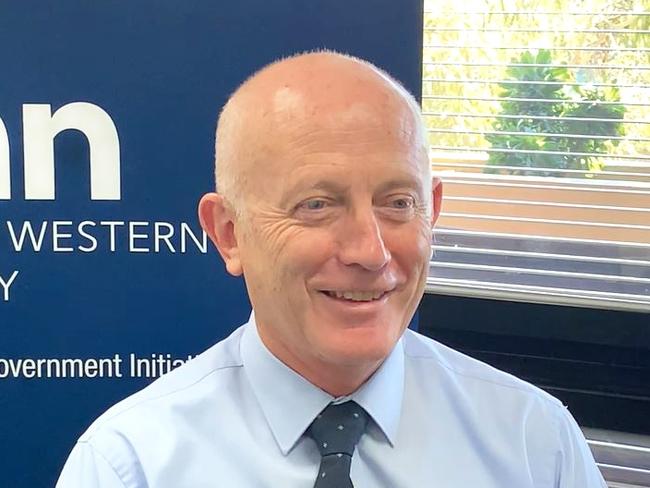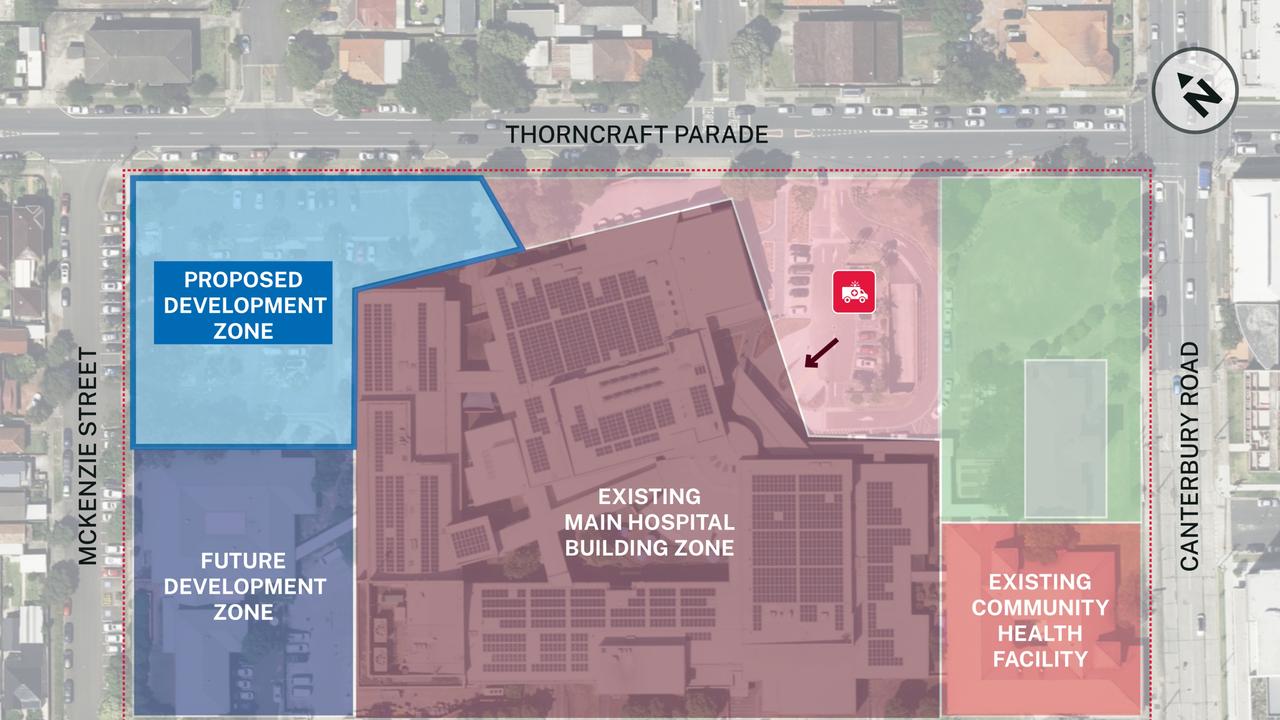Doctor urges hepatitis B, C screening for those with tattoos, steroids, piercings
Residents who use or have used drugs and steroids, have tattoos or body piercing at most at risk of contracting hepatitis B or C.
- How the rate of youth crime is coming down in our city
- Local author Ahmad's The Lebs short-listed for Miles Franklin
- Big W store to close in Chullora Marketplace
- ‘Dangerous’ temporary fix on power line worries residents
There are many undiagnosed cases of hepatitis B and C worrying the local health officials, who are urging Canterbury Bankstown residents to test for the disease which can cause cancer.
Doctors in south west Sydney, including Canterbury Bankstown, report there are more than 400 cases of hepatitis B, and between 300 and 400 cases of hepatitis C, each year.
Hepatitis is a virus which causes liver inflammation.
Others at risk include those born to a mother who was hepatitis C positive during her pregnancy and those born in a country with high rates of hepatitis B.

However, according to the South Western Sydney Primary Health Network (SWSPHN), many more cases are undiagnosed and could lead to cirrhosis, liver failure and liver cancer.
SWSPHN Chief Executive Officer Dr Keith McDonald said south west Sydney had the second highest number of notifications of hepatitis C in NSW.
Dr Christopher An, from Bankstown Medical Practice, said both GPs and patients had a role to play in diagnosing and treating hepatitis.
“There are usually no symptoms and patients will have no clue they are carrying the virus,” Dr An said.
“Hepatitis is more common in our area, compared to hepatitis C.”
The virus can be spread by contact with contaminated blood.
Those who show symptoms may have fatigue, nausea, loss of appetite and yellowing of the eyes and skin.
In Bankstown, hepatitis B notifications was 138 in 2017, compared to 182 in 2016, according to the latest figures from the South Western Sydney Local Health District.
For hepatitis C, the figures for Bankstown was 70 in 2017 and 125 in 2016.
IN OTHER NEWS

“Every day GPs are doing blood tests to check their patients’ liver function,” Dr An, who also has a medical practice at Cabramatta, said.
“If someone’s liver function is abnormal, get consent from the patient to test for hepatitis B and C.
“Patients who were born overseas in regions with high levels of hepatitis B and C should be screened at least once.
“My message to those patients is — ask your GP for a test
“GPs working in areas with lots of cases of hepatitis B and C should educate themselves about the disease, connect with local hepatologists and start screening patients.”
World hepatitis Day is on Sunday, July 28.
“If hepatitis B is diagnosed, regular liver checks and treatment at the right time can prevent liver cancer from developing,” Dr McDonald said.
“For people who were not vaccinated as children, a vaccine is available to prevent hepatitis B infection.
“Chronic hepatitis C can now be easily cured with effective new treatments.
MOST AT RISK
■ Those at risk of hepatitis B include people: born in a country with high rates of hepatitis B; who have injected drugs; who have had a medical procedure overseas where the equipment wasn’t sterile.
■ Those at risk of hepatitis C include people: who have injected drugs or steroids; who have a tattoo or body piercing; born to a mother who was hep C positive during her pregnancy.
■ Details: hep.org.au or 1800 803 990.



